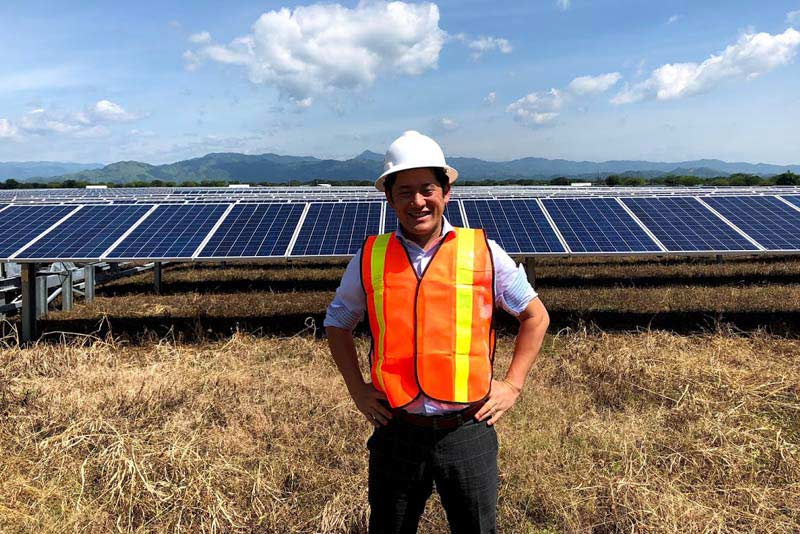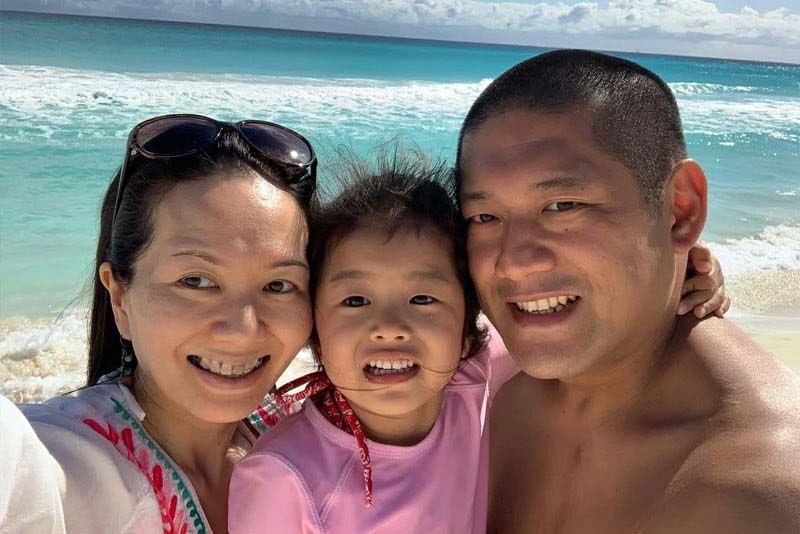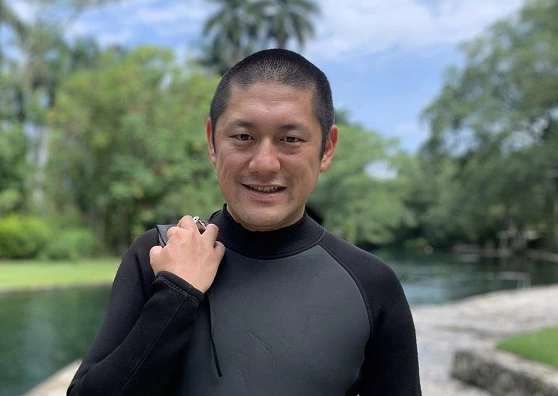Yuichiro “Benito” Inoue is an Investment Officer in IFC’s Infrastructure department, based in Mexico. When he was 16 years old, Inoue traveled from his home in Japan for a one-year exchange program to the small indigenous town of Oaxaca, Mexico. This is where he got his nickname:“Benito” after the first president of Mexico, Benito Juarez, who was born in the state of Oaxaca. After seeing the poverty first hand, he set his sights on a career in development and is now back in Mexico working to create better conditions in the country. In this interview, he shares why he joined IFC and shares advice for others considering a career there.
Why did you decide to work with IFC and move across the world for your job?
I was in Japan when I was hired by IFC through the Japan recruitment drive. I moved first to Washington, D.C., and then to Mexico. I have a passion for Latin America, and I feel a strong attachment to the region. I wanted to have a career where I can focus on development and live locally in regions, especially in Mexico, which I consider my second home country. IFC, as a global institution, offered me that opportunity and I took it.
Why did you want to work in infrastructure?
I have a particular attachment to infrastructure because I saw a fundamental change in the small town of Oaxaca, Mexico.
The town was a super small village when I first arrived 20 years ago, with a population of around 10,000 and not much industry other than small informal agriculture and 60 to 70 percent of its residents earned less than the minimum wage. Many people living there had little hope for a better future. However, four years later when I returned, I found a newly constructed highway near the town that had completely transformed its economy. It brought access to a larger market—even the global market—which helped local economies tremendously. Many of my friends were hired for construction work, commerce, etc. As I listened to my friends excitedly sharing their future aspirations, I realized the role the infrastructure can play as an engine for growth, and that’s what I wanted to dedicate my career to.

Yuichiro Inoue at a project site. © IFC
Tell us about your experience applying to IFC.
It was my dream to work at IFC for a long time. I applied several times prior to the Japan recruitment mission without success. When I saw this opportunity through my network, I applied for it. Everything took place in one week: a few interviews and an offer. The fast-tracked process helped me get on board quickly, and it was very helpful.
Why should Japanese nationals join IFC and why should they consider the recruitment missions?
Japanese nationals are underrepresented, not only in IFC but in international organizations overall, partly because of a lack of interest from Japanese for international careers. We tend to focus more on the domestic scene, and most citizens don't want to move. Part of the reason is because Japanese careers don’t usually match the ones in international organizations. We tend to have long careers within one company, which is different from the high turnover in international organizations. The IFC recruitment mission was great because it created a greater focus on Japanese nationals and adapted to align with the career difficulties we face. It helped me and will help a lot of Japanese people who have the desire to contribute to international development.
What advice would you give to prospective applicants?
My advice would be to network and get as much information as possible. People at IFC are kind, open, and helpful. I see some Japanese applying to IFC without having much knowledge about what we do, and this can hurt their chances of getting hired. I know that it’s different from our culture—approaching staff of a Japanese company for career-driven networking isn’t generally appreciated—but in order for them to come to an organization like IFC, they really need to switch their mindsets, connect, and get as much knowledge as they can before applying. So, I would say network, use LinkedIn, and try to get some insights from people who have started their careers at IFC.
What is your advice to new hires joining such a diverse institution?
My recommendation would be to step up and don't hesitate to take the risk of being exposed. I know that Japanese culture is to be modest and not to speak up during meetings, but at IFC, you need to advocate for yourself. At IFC you can actively manage your own career, andpeople will support you if you voice your aspiration.

Yuichiro Inoue and his family enjoying a day at a Mexican beach. © Yuichiro Inoue/IFC
Is there a particular project or initiative that you've been really passionate about since you started working at IFC?
In my first year at IFC, I participated in corporate transaction with an energy infrastructure company called IENOVA in Mexico, in which IFC led a corporate loan facility worth $541 million to help the company build five solar photovoltaic assets. It was a groundbreaking transaction that supported IENOVA’s first expansion into the solar power generation segment. It was also IFC’s first certified Green Loan in the country, which set an important precedent in the nascent sustainability financing market. There are many players in the market, but there haven’t been any like IFC, trying to establish unprecedented transactions such as this. I was quite impressed with IFC’s effort to always try to be at the forefront of the market.
What do you do for fun and do you have any new hobbies since moving to Mexico?
Due to the pandemic, we can’t do much with colleagues right now, but I do have several hobbies. I learned salsa dancing during my time in Mexico as a teen, and I also ride my bicycle a lot. Since dancing is not the best way to social distance currently, I am more focused on riding my bicycle to discover new scenes of Mexico City.
Under the theme “Recruiting Talent and Creating Markets for a Post-COVID World”, IFC is currently inviting Japanese jobseekers to join a virtual recruiting event from June 4-6. Interested or have someone in mind that might be a good fit? Please register here.
Published in June 2021
